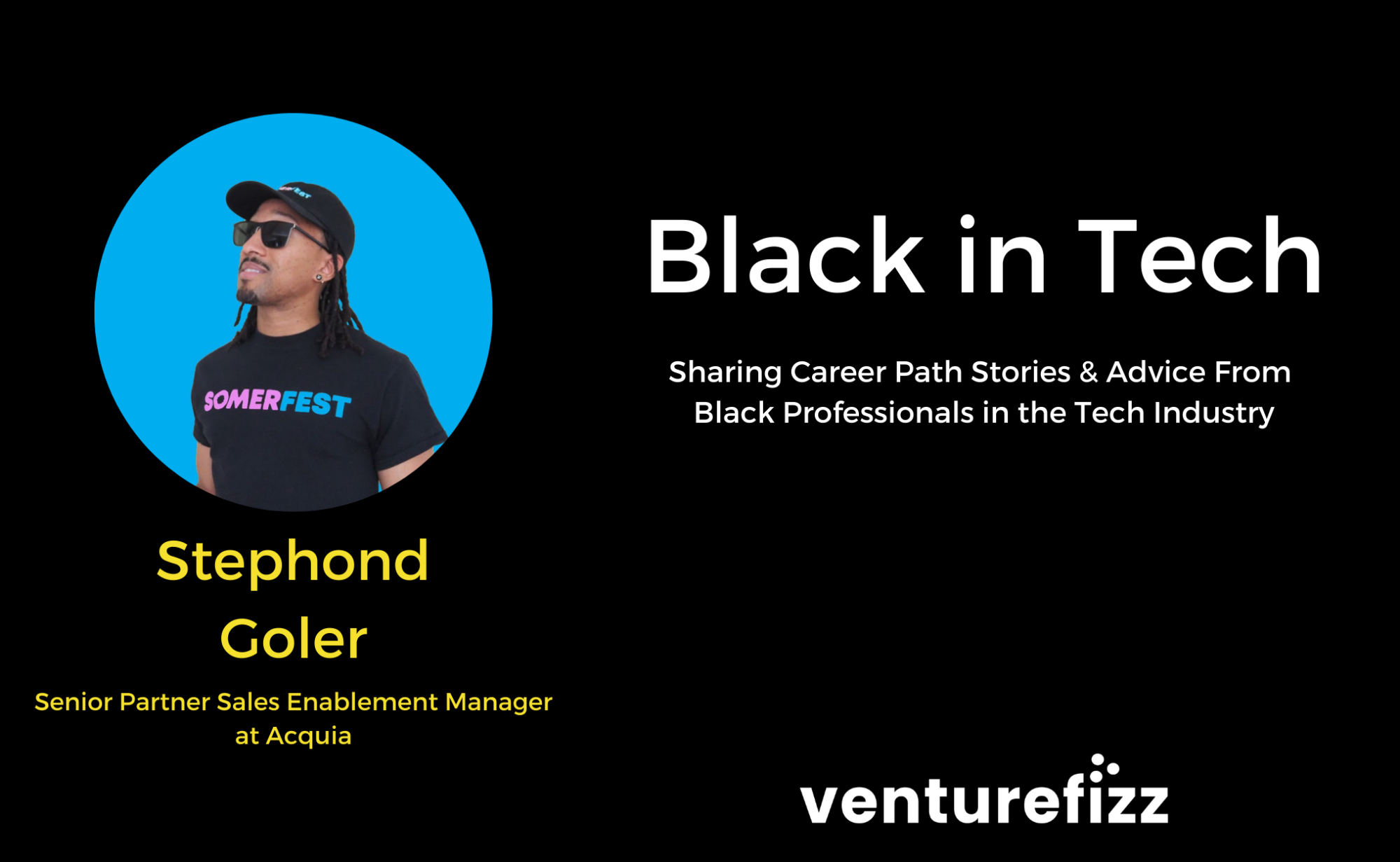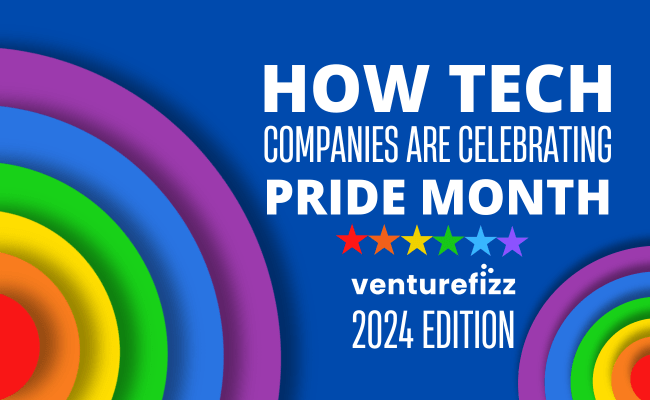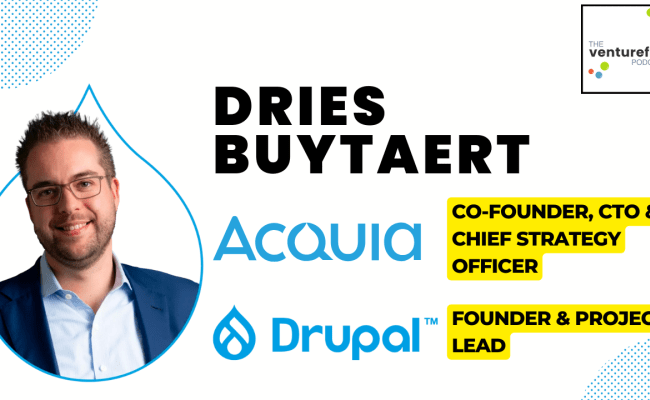Our Black in Tech series features the career path & advice from Black professionals in the tech industry. In this Q&A, Stephond Goler, Senior Partner Sales Enablement Manager at Acquia shares his story.
Where did you grow up and what were you like as a child? What did your parents do for work?
My childhood was spent in Boston, largely between the Hyde Park and, later, Jamaica Plain neighborhoods. My parents put an emphasis on academics, so I was rewarded with outside play and athletics only if I had completed my studies.
My mother has worked as a manager at Boston Housing Authority, a provider of public and affordable housing, for 40 years. Meanwhile my stepfather ascended the ranks as an officer within the Boston Police Department, where he has spent the last three decades.
Where did you go to college?
I started my college career at a renowned HBCU (Historically Black College and University), Morehouse College in Atlanta. I later transferred to the University of Massachusetts-Boston to be closer to home.
What inspired you to get into the tech industry?
It was less inspiration and more happenstance. In 2016, I got my first chance to work in the tech industry via a connection that my wife had made in college. A small tech startup in Boston allowed me to wear a multitude of “hats” and forced me to work more collaboratively than I ever had previously in my career. It was taxing but rewarding having allowed me to absorb cross-departmental experience very rapidly.
What has your career path looked like in tech and the various positions you’ve held before joining Acquia?
I think like everyone, there have been some ups and downs and lateral moves whether in terms of title or pay scale. That being said, it is important to map your experience to positions. I tend to let everything else play out as it may.
Can you share the high-level responsibilities of your current position as Senior Partner Sales Enablement Manager at Acquia?
I ensure that Acquia’s partner ecosystem, which includes more than 700 organizations, has a seamless sales and technical experience. I provide access to product- and vertical-related materials via several vehicles such that individual practitioners are clear on Acquia's value proposition in relation to their own complementary services.
What has attributed to your success thus far and what types of obstacles have you had to overcome along the way as a Black professional?
Success is relative. I think that there is always more to prove to my colleagues and leaders having been on the receiving end of microaggressions in the workplace. We are not a monolith and we behave professionally just like everyone else.
Moreover, I feel as if the glass ceiling is real so I find myself trying to make myself a generalist rather than a specialist because it wards off the idea that I am expendable. The more I know, the more I do and the more I can be useful.
What types of programs and initiatives does Acquia have that support diversity, equity, and inclusion?
Specifically as it pertains to my background, an employee resource group (ERG) has existed for a number of years called Acquia Alliance of Black Leaders for Excellence (AABLE). A plethora of inter-departmental colleagues meet regularly for routine check-ins or events.
What advice would you give to other Black professionals who are interested in joining the tech industry?
It is not easy. Stay on your grind, find a suitable work/life balance and ensure that there is a culture that aligns with your ideals. Do not be afraid to ask organizations about their diversity goals. Ask for metrics. And finally, find the people within your organization who fight for the same ideals so that there is a unified voice at the proverbial table.
While general awareness of the problem of diversity in the tech industry is a step forward, to make a lasting change, real actions need to be taken. Do you have any ideas or suggestions on what companies or employees can do to step up and make a difference?
I am highly data-centric so in 2023, I read a profound book written by Heather McGhee called The Sum of Us that examines the hidden cost of racism via a series of economic studies that she had conducted. The general crux of the book is that many people in the US subscribe to a zero-sum ethos and often vote against their own self-interests to ensure that Black people (and other people of color) do not succeed. This philosophy is also pervasive in corporate America, as I am a living testament, having observed it for nearly two decades. We are not oppressing ourselves. We are not turning down leadership promotions for amusement.
In order to make advancements in the tech industry, and other industries in general, it has to be realized that the energy that is put into oppression, workplace microaggressions and other forms of racism are counterproductive to the bottom line, to winning. If your organization wants to win, it must embrace Black and Brown leadership, ideas and voices or suffer from a revenue standpoint. This has always been the sentiment within the Black community but now proponents of change can also point to the supporting data.






